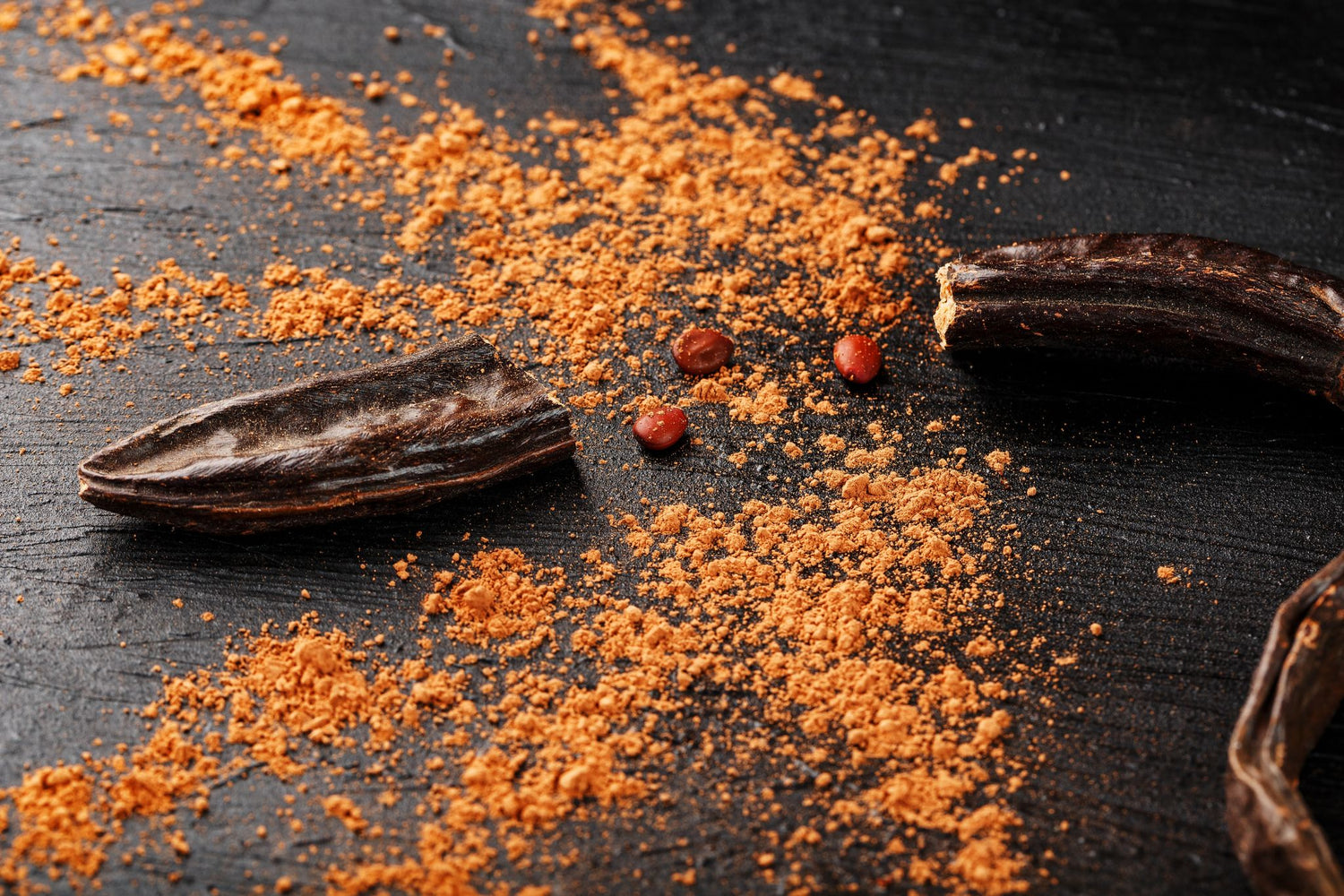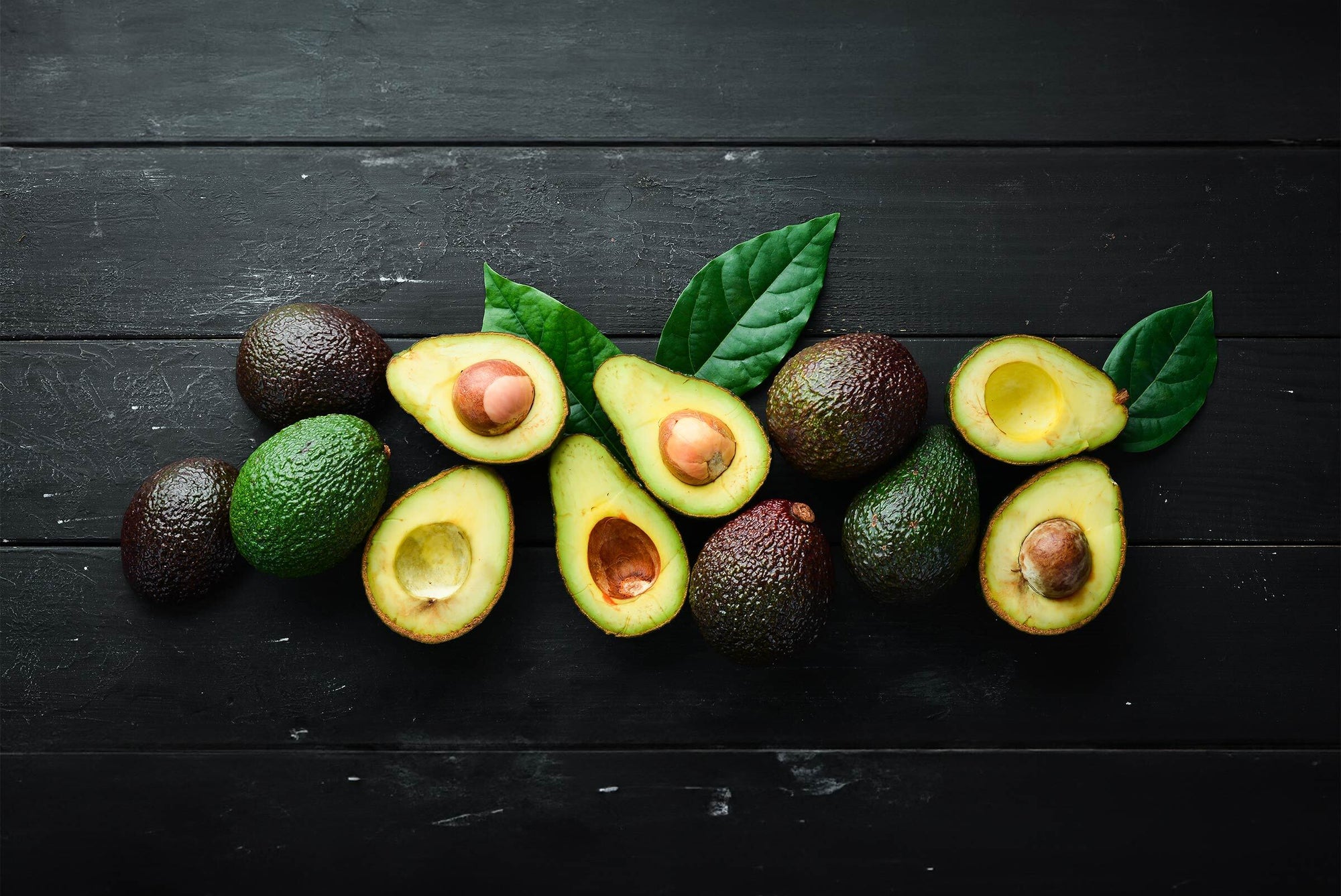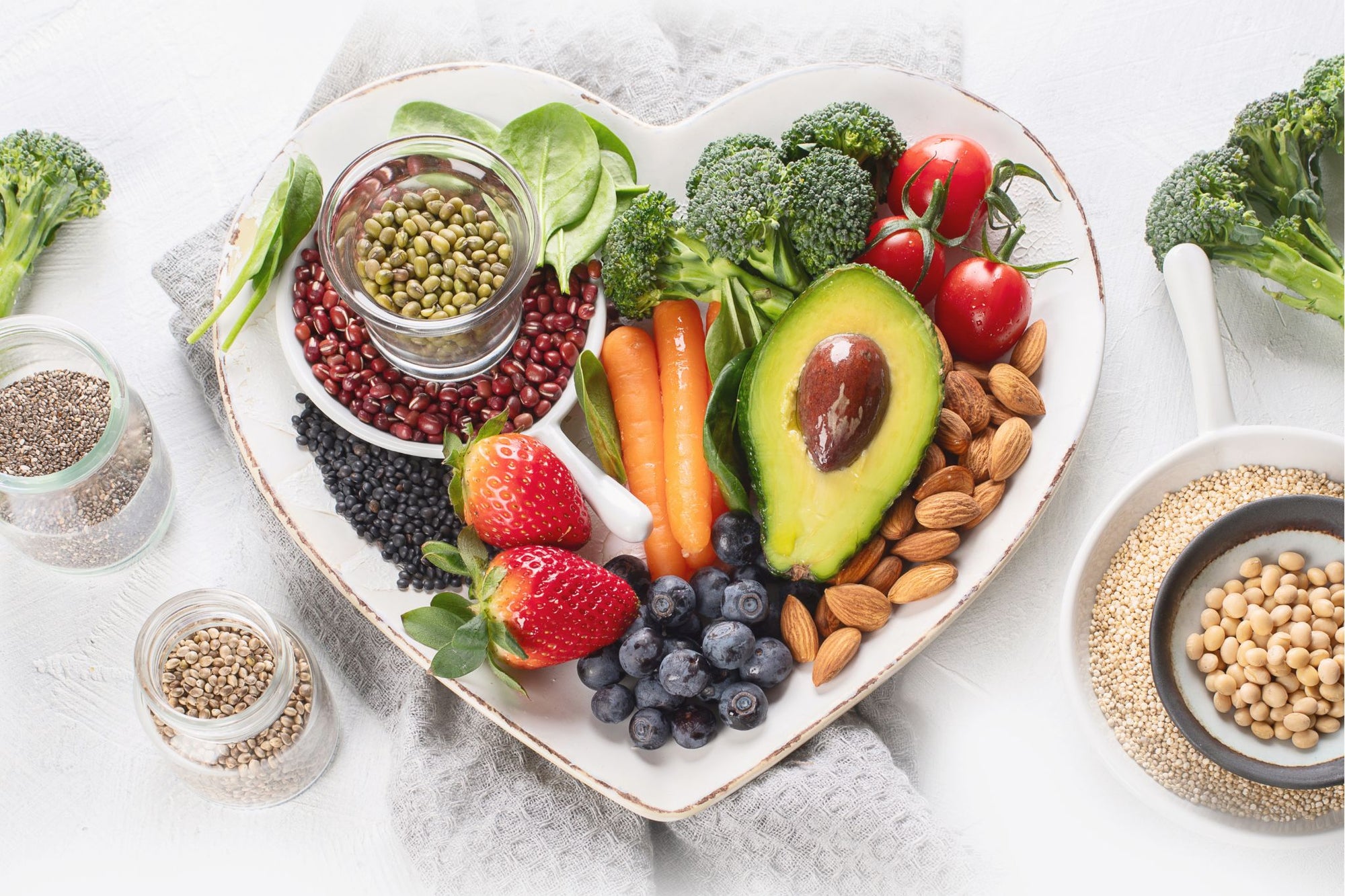Treat Yourself to the Benefits of Carob Powder
A natural, plant-based diet gives us just about everything we need to be fully nourished and healthy. Sometimes, though, we need a little sweetness in our lives—and our recipes. Those of us who prefer to stay away from refined sugars, processed foods, and dairy products need a chocolate alternative that can taste like an indulgence without compromising our dietary commitments.
Like carob, cacao—which is processed into cocoa powder—has benefits of its own, including antioxidants and key minerals. However, with all the sugar and milk it requires to turn cocoa into chocolate, it’s not the best fit for a healthy vegan diet.
The carob tree is native to the Mediterranean region and the Middle East. Part of the legume family, the seeds are grown in clusters of long pods. The carob pod pulp is roasted and ground into a fine, versatile carob powder used to make baked goods and alternative ingredients like carob “chocolate” chips.
Here are two ways to look at the healthy aspects of carob powder: what it has and what it doesn’t.
Nutrients that carob powder provides.
Carob does provide a lot of beneficial substances, including antioxidants, fiber, calcium, tannins, vitamins, minerals and…sugar.
Wait, sugar? Yes, carob flour contains 14 grams of sugar per ounce, but the difference is that it’s natural rather than refined sugar. While cocoa contains no sugar, its natural bitterness makes it something you wouldn’t want to eat until it’s combined with large amounts of sugar and milk to make it more chocolate-y. To be fair, though, when you see a product with a carob-based substitute for chocolate, it may also have added fat and other ingredients to make it a rich, yummy treat. So remember to check what’s in a food product before assuming it’s better for you.a
Despite its sugar content, carob is generally considered to be suitable for people with diabetes who need to monitor and control their blood sugar. The high fiber content in carob gives it a low glycemic index, meaning that it slows the body’s absorption of sugar.
Aside from the satisfying sweetness carob supplies, here are some ways the nutrients it offers can support healthy bodies.
Carob can help with digestion.
The dietary fiber and tannins can help make life a little more regular. One ounce of carob powder provides around 11 grams of dietary fiber, which scrubs waste from the colon in addition to helping to lower LDL cholesterol.
Tannins work as an astringent, pulling excess moisture out of the digestive system. This not only makes it easier for the intestines to regulate and eliminate bacteria and toxins, it helps to relieve diarrhea.
Carob fights free radicals.
Gallic acid is the most abundant of the roughly two dozen antioxidant polyphenols and flavonoids found in carob. Together, these compounds scavenge the free radicals that cause oxidative stress on cells, which can lead to inflammation and several diseases, including cancer, heart disease and neurological degeneration.
Carob delivers several key vitamins and minerals.
Carob is considered a good source of calcium, iron, magnesium and potassium, as well as vitamins E, D, C, B6, niacin and folic acid. These essential nutrients support a wide range of functions, from strengthening bones, teeth and muscles to maintaining healthy cells and blood.
What carob does not have
Caffeine, gluten, fat, sodium, and tyramine are a few elements that do not make an appearance in carob powder. Most people recognize the first four and understand why someone might want to minimize or avoid them.
However, tyramine is more likely to be known only to people who suffer from or research migraine headaches. Tyramine is a natural compound found in chocolate that the National Headache Foundation has named as a substance that may trigger migraines. People who are susceptible to these debilitating headaches are advised to avoid chocolate, but carob is fair game.
The body needs fat and sodium, of course, but not in excess, so it’s good to know that carob is not adding to your daily allowance. For those who can tolerate caffeine and gluten just fine, their absence may not be a huge deal, but neither substance is very helpful in a dessert close to bedtime, so a carob-based treat might be a more comforting alternative.
Isn’t it great to know there are healthful vegan choices to help satisfy your sweet tooth? With its naturally sweetened, slightly nutty flavor, carob is definitely a change in taste for chocolate lovers, but when you consider the benefits it can deliver (and the things it leaves out), it’s a taste worth acquiring.






